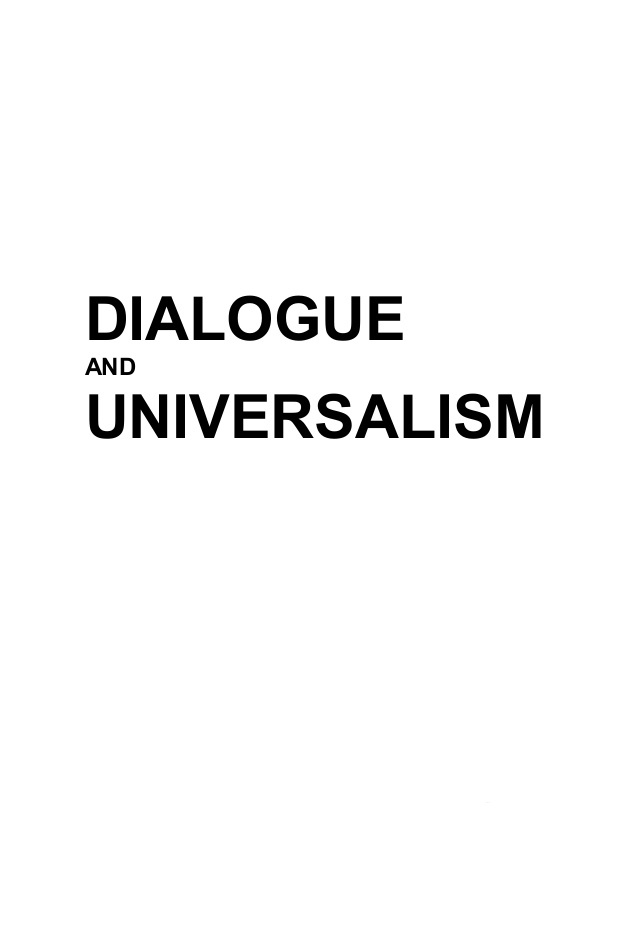SEPARATING POLITICS FROM INSTITUTIONAL RELIGION: THE SIGNIFICANCE OF JOHN LOCKE’S THEORY OF TOLERATION
SEPARATING POLITICS FROM INSTITUTIONAL RELIGION: THE SIGNIFICANCE OF JOHN LOCKE’S THEORY OF TOLERATION
Author(s): Diego LucciSubject(s): Philosophy
Published by: Instytut Filozofii i Socjologii Polskiej Akademii Nauk i Fundacja Filozofia na Rzecz Dialogu
Keywords: atheism; Christianity; civil commonwealth; civil interests; Enlightenment; John Locke; morality; natural law; salvation; toleration
Summary/Abstract: Nowadays, more than three centuries after John Locke’s affirmation of the separation between state and church, confessional systems of government are still widespread and, even in secular liberal democracies, politics and religion often intermingle. As a result, some ecclesiastical institutions play a significant role in political affairs, while minority groups and individuals having alternative worldviews, values, and lifestyles are frequently discriminated against. Locke’s theory of religious toleration undeniably has some shortcomings, such as the exclusion of Roman Catholics and atheists from toleration and an emphasis on organized religion in A Letter Concerning Toleration (1689). However, Locke’s theory of toleration, which presents a Christian’s defense of the civil rights of those who have different religious opinions, still provides powerful arguments for the oft-neglected separation of politics from institutional religion, thereby urging us to leave theological dogmas and ecclesiastical authorities out of political life.
Journal: Dialogue and Universalism
- Issue Year: 2021
- Issue No: 2
- Page Range: 67-87
- Page Count: 21
- Language: English

